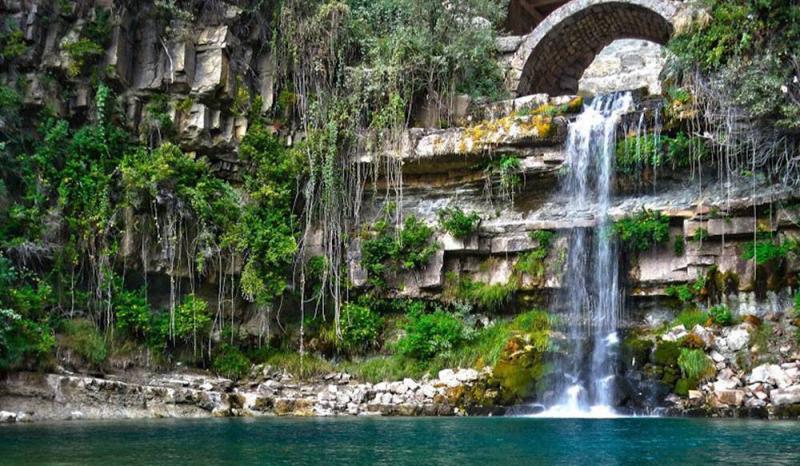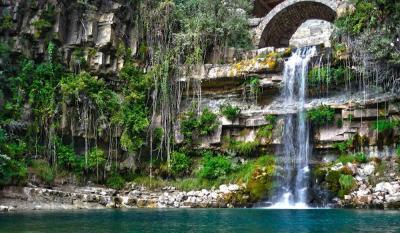Whether the sounds of artillery have quieted and the sorties of Israeli warplanes—known for transgressing Lebanese airspace for reconnaissance, bombing, assassination, and other actions—have decreased, life in Lebanon continues at a normal pace in areas far from the southern battlefield. Nightlife spots are bustling with patrons, from the streets of Gemmayzeh, Mar Mikhael, and the seaside corniche in the capital Beirut, to the streets of Badaro, Nahr al-Mout, the Northern Metn coast, Kaslik, and Jounieh-Maameltein, extending to the coast of Byblos in Mount Lebanon, and the bustling Batroun in the North, where new cafes and restaurants have opened in the old city. The movement is strong and almost normal in preparation for a promising season.
The same applies to seaside resorts, even those located along the Kharoub coast up to Chekka (north), which have reported full bookings for seasonal chalets and are accepting requests from guests for the summer season, in addition to announcing ticket prices for midweek, holidays, and weekends. Guesthouses that have "strongly entered the tourism market" have also indicated a promising season, with bookings for the entire summer period.
Only the hotel sector is experiencing a contrary scenario, as it relies on Arab and foreign tourists who are reluctant to make advance bookings before ensuring the security situation is safe and confirming that Beirut’s international airport remains open amid escalating military operations between Israel and Hezbollah. Hotel Association President Pierre Achkar has spoken several times about a hotel season that does not bode well, mentioning the low booking rates, which he believes are insufficient to sustain the sector.
Summer festivals are still planned until further notice, and the President of the International Byblos Festivals, lawyer Raphael Safar, told "Anbaa" about preparations "to hold concerts, without following the usual practices of booking with international companies representing global artists and paying in advance, given our consideration of the current situation." Safar revealed that "the Baalbek International Festivals Committee wishes to hold at least one concert," believing that achieving a ceasefire in Gaza and subsequently in the south "would ensure lively nights at Lebanese festivals," despite confirming that "festivals, especially international ones, face financial difficulties due to the absence of major sponsors, attributable to the conditions in the region as a whole, not just in Lebanon."
For his part, businessman Michel Abi Remeia—official commercial sponsor for many village festivals, including his hometown of Ehmej in the Byblos district—told "Anbaa" about "preparations as if everything is normal. We want to inject positivity into a country where its people have insisted on joy and celebration, challenging and overcoming difficulties."
Additionally, venues designated for wedding celebrations have seen numerous reservations, some preliminary while most are final "without dismissing the potential for dramatic developments that could jeopardize everything," according to a well-known wedding planner contracted with five-star venues. He revealed to "Anbaa" that "there's flexibility concerning unforeseen circumstances that may arise before the scheduled dates. However, bookings are substantial, involving the rental of private venues, contracting with hospitality service companies for catering, reputable security firms, organizers, dance teams, and singers."
A lively Lebanese summer awaits. The heat defies the igniting fronts, but it cannot do much unless the latter "cools down," even if temporarily.




